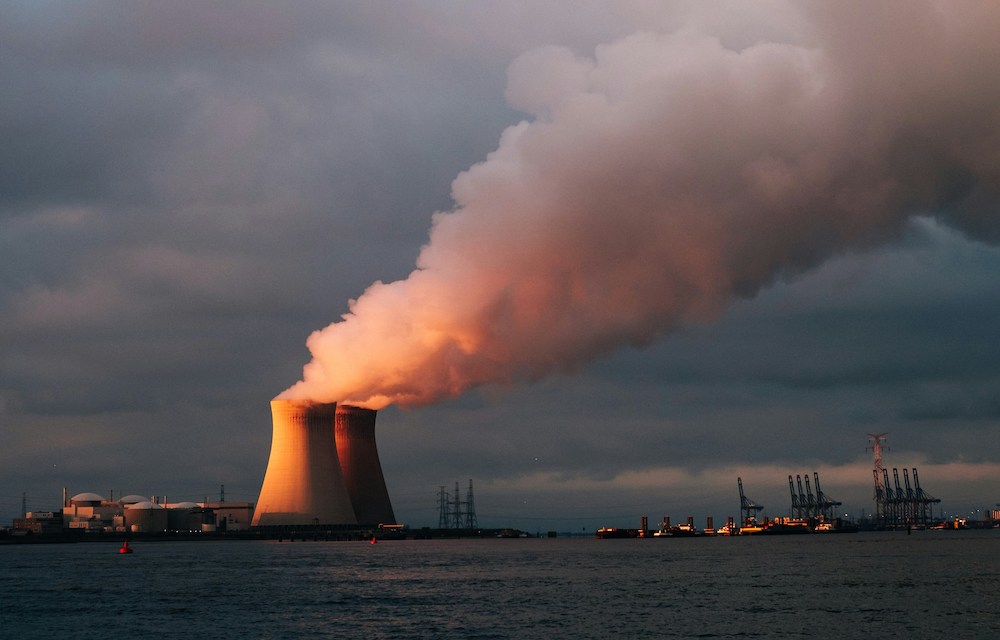The network versus the hierarchy
New technology and the prophets of postcapitalism
Featured in

- Published 20190507
- ISBN: 9781925773620
- Extent: 264pp
- Paperback (234 x 153mm), eBook

Already a subscriber? Sign in here
If you are an educator or student wishing to access content for study purposes please contact us at griffithreview@griffith.edu.au
Share article
More from author

Operation Totem
In the 1950s and 1960s, hundreds of atmospheric and underground tests were conducted in Australia, with devastating consequences for First Nations peoples and for the military personnel involved in the tests. And yet the debate about Peter Dutton’s plan to put Australia on a nuclear track barely mentioned this calamity, or indeed the deep antipathy towards all things nuclear to which it gave rise. Struggling to put Dutton’s policy in context, one looked in vain for even a passing reference to Dr Helen Caldicott, Moss Cass or Uncle Kevin Buzzacott; to the Campaign Against Nuclear Energy or the Uranium Moratorium group; to the seamen’s boycott of foreign nuclear warships in Melbourne in 1986; to the massive antinuclear marches of the 1970s and 1980s; to Kupa Piti Kungka Tjuta and its resistance to the dumping of radioactive waste. Indeed, one looked in vain for any sense of nuclear as a uniquely dangerous technology, or of the ‘deadly connection’ (as Jim Falk called it) between uranium mining, nuclear reactors and the development of thermonuclear weapons.
More from this edition

I, cyborg
GR OnlineKEVIN AND BARBARA are cyborgs. They live in Coventry, England. They look just like you and me. They are just like you and me....

To the moon
Memoir I’D LIKE TO believe that I wasn’t jumping on the bandwagon. But don’t we all tell ourselves little white lies to keep our self-worth...

Computer says no
MemoirWHEN PREPARING THE publicity plan for Made by Humans (MUP, 2018), my book about data, artificial intelligence and ethics, I made one request of...